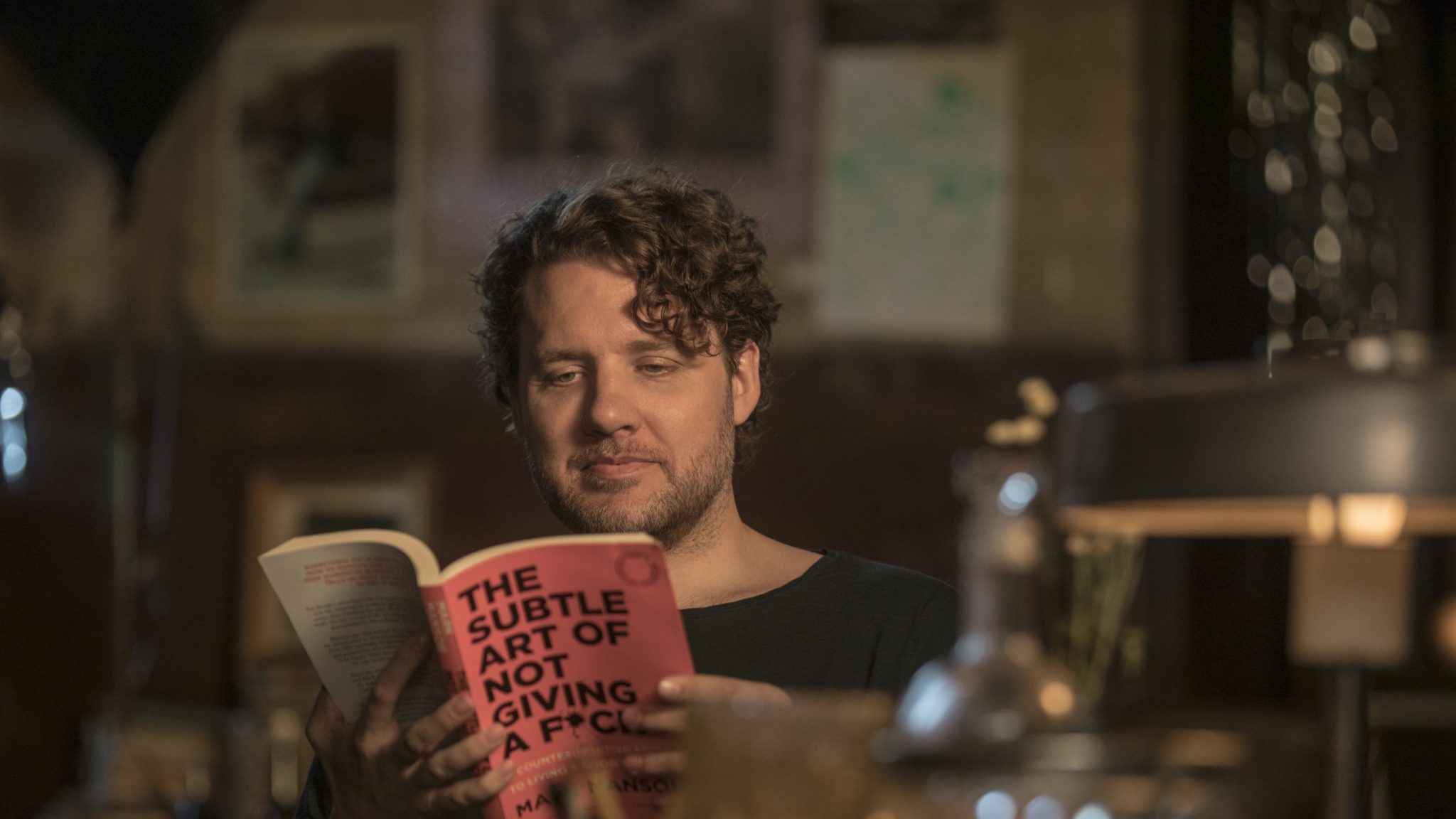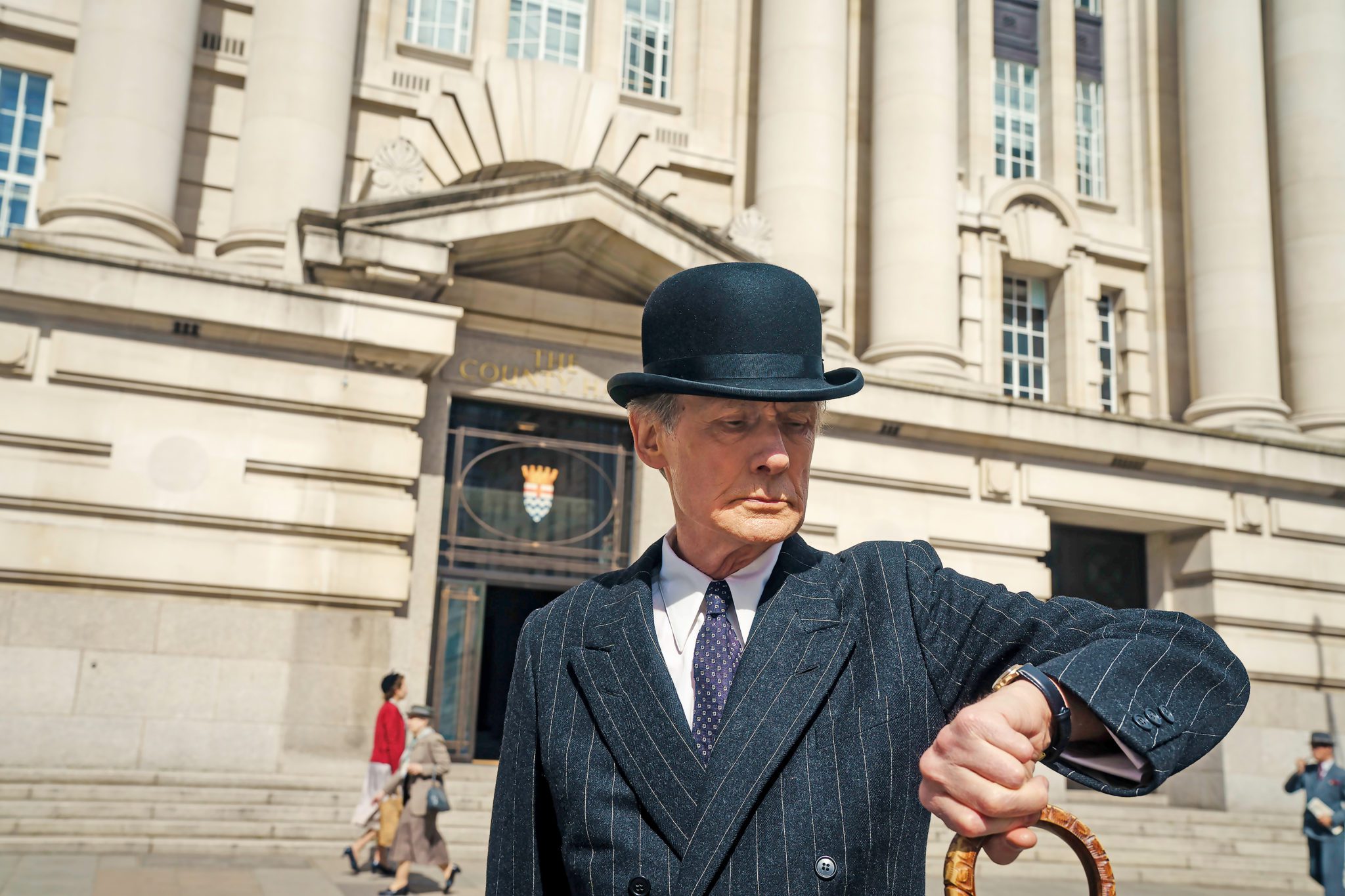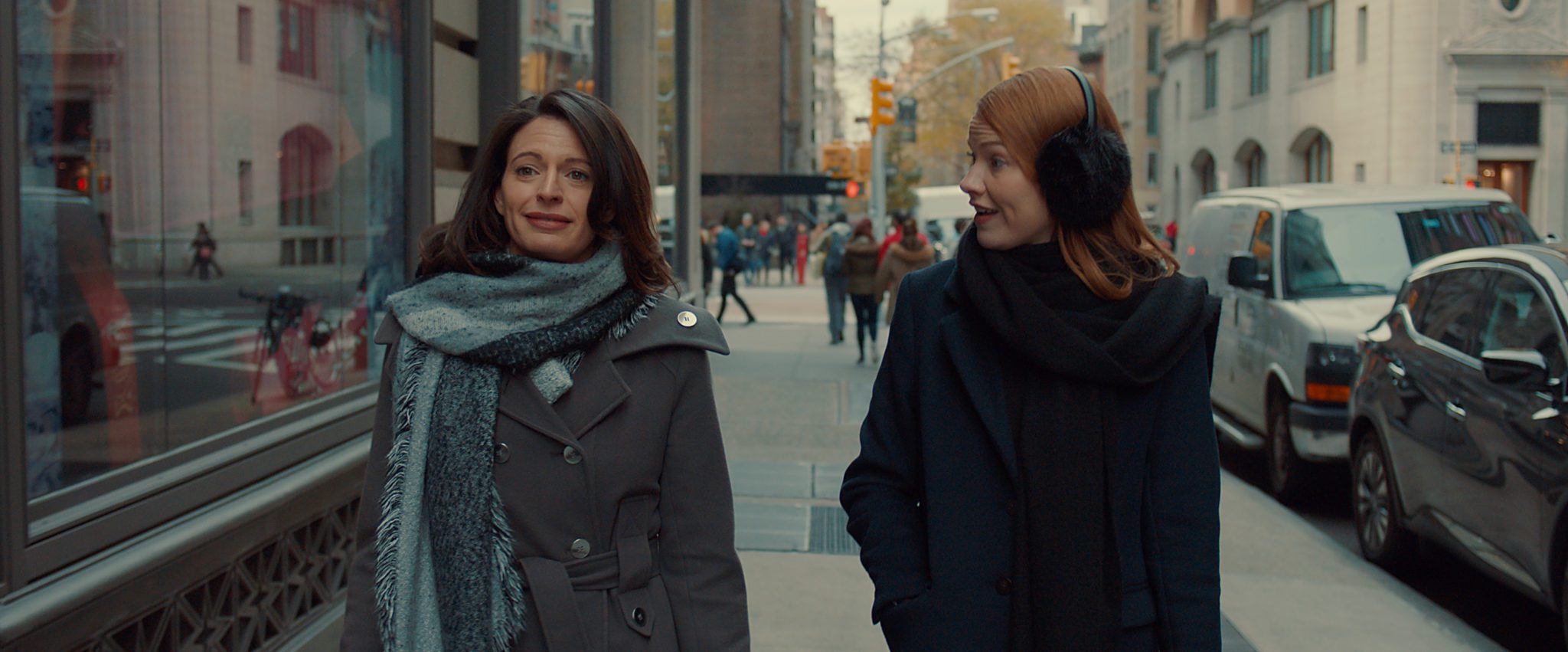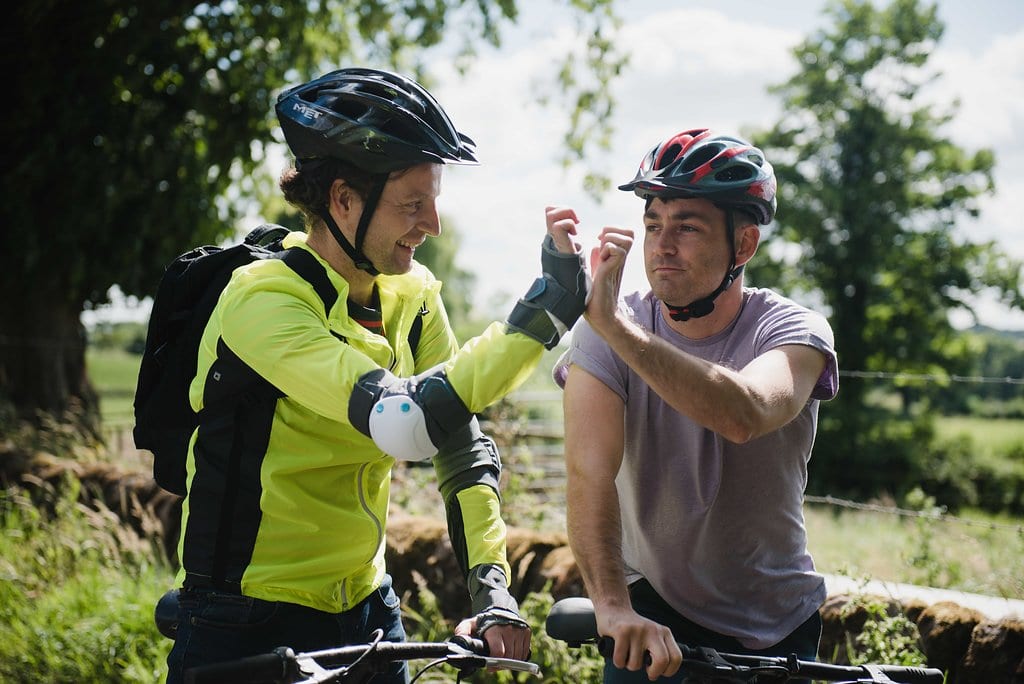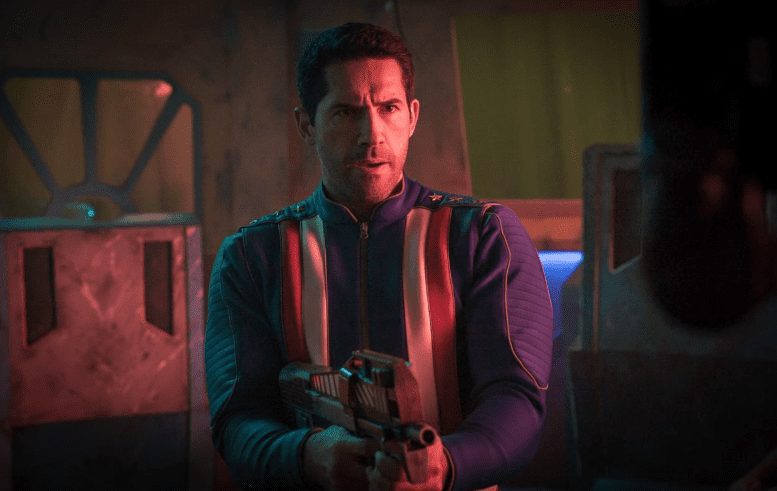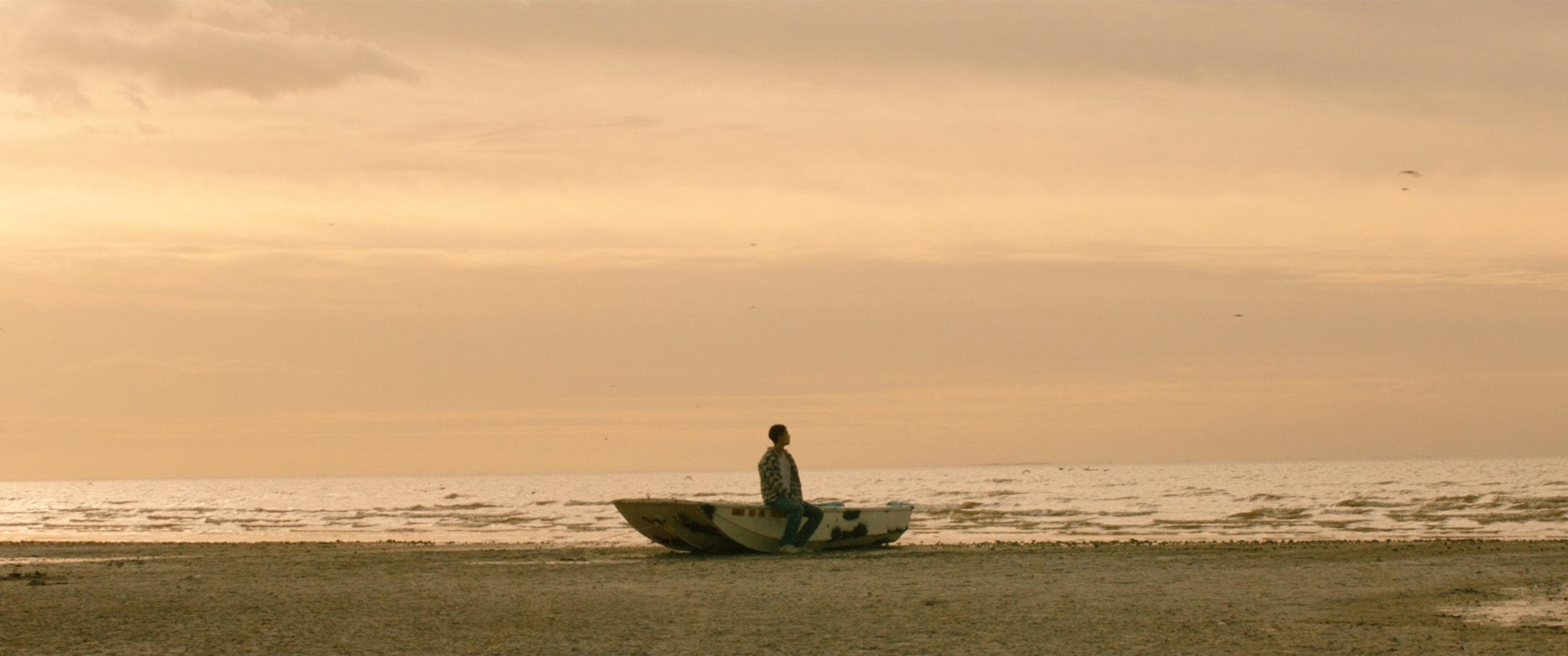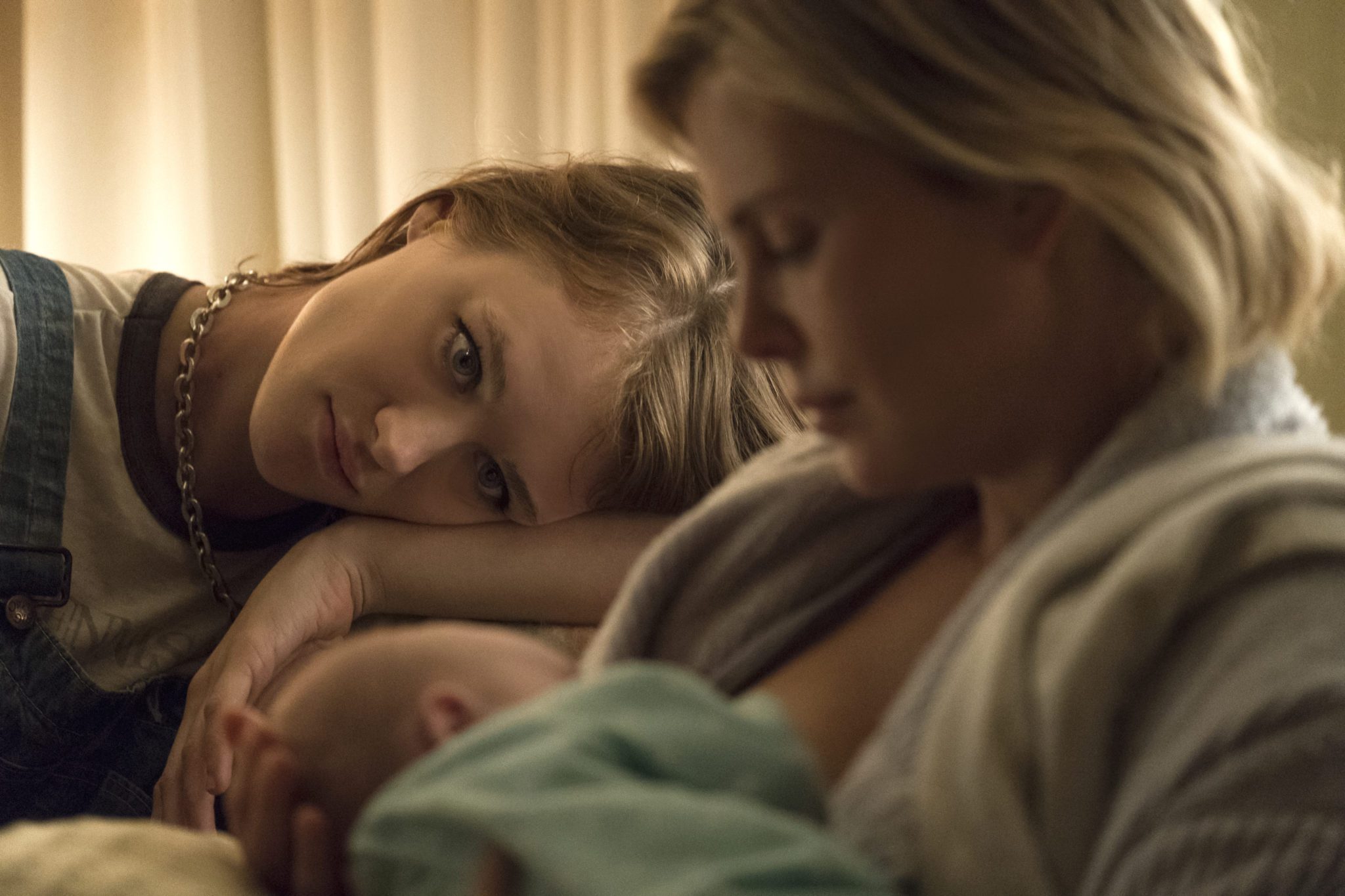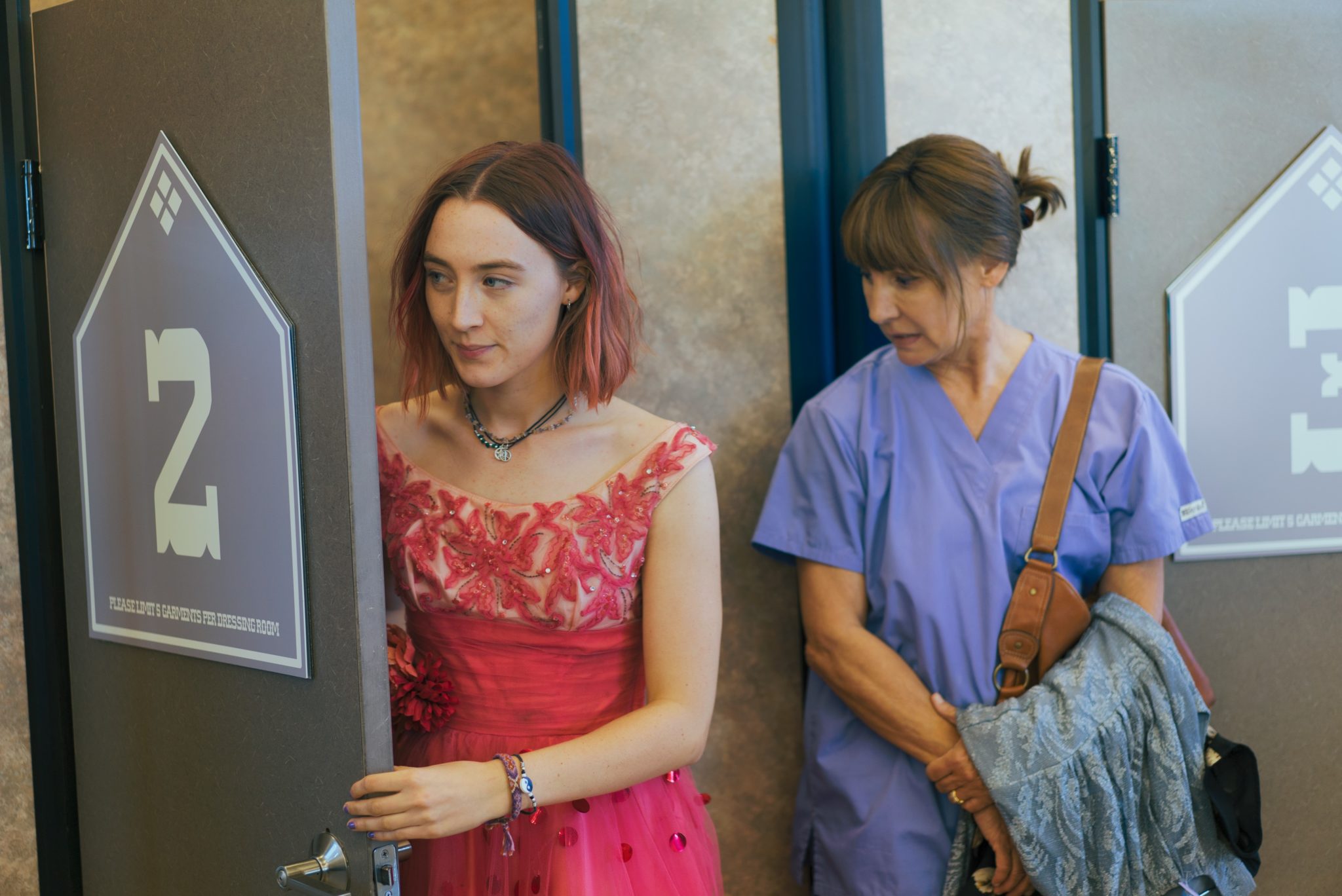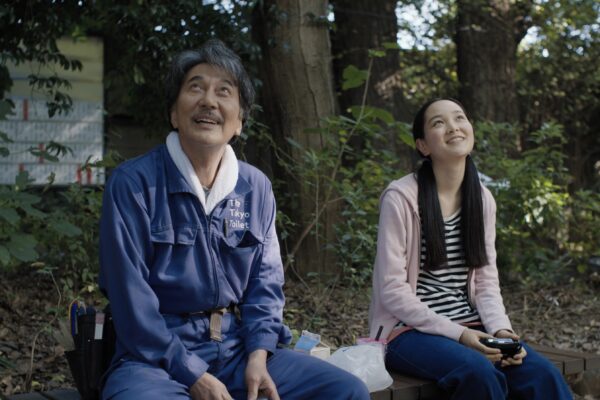
AFIFest: Perfect Days – Finding bliss
“Next time is next time. Now is now.” Those who have read many of my reviews will know that I have a special affinity for Ecclesiastes, a wisdom book in the Hebrew Scriptures. That book tells of the Teacher’s (aka Qoheleth) search for meaning in life. Films are never “about” Ecclesiastes, but several manage to…

